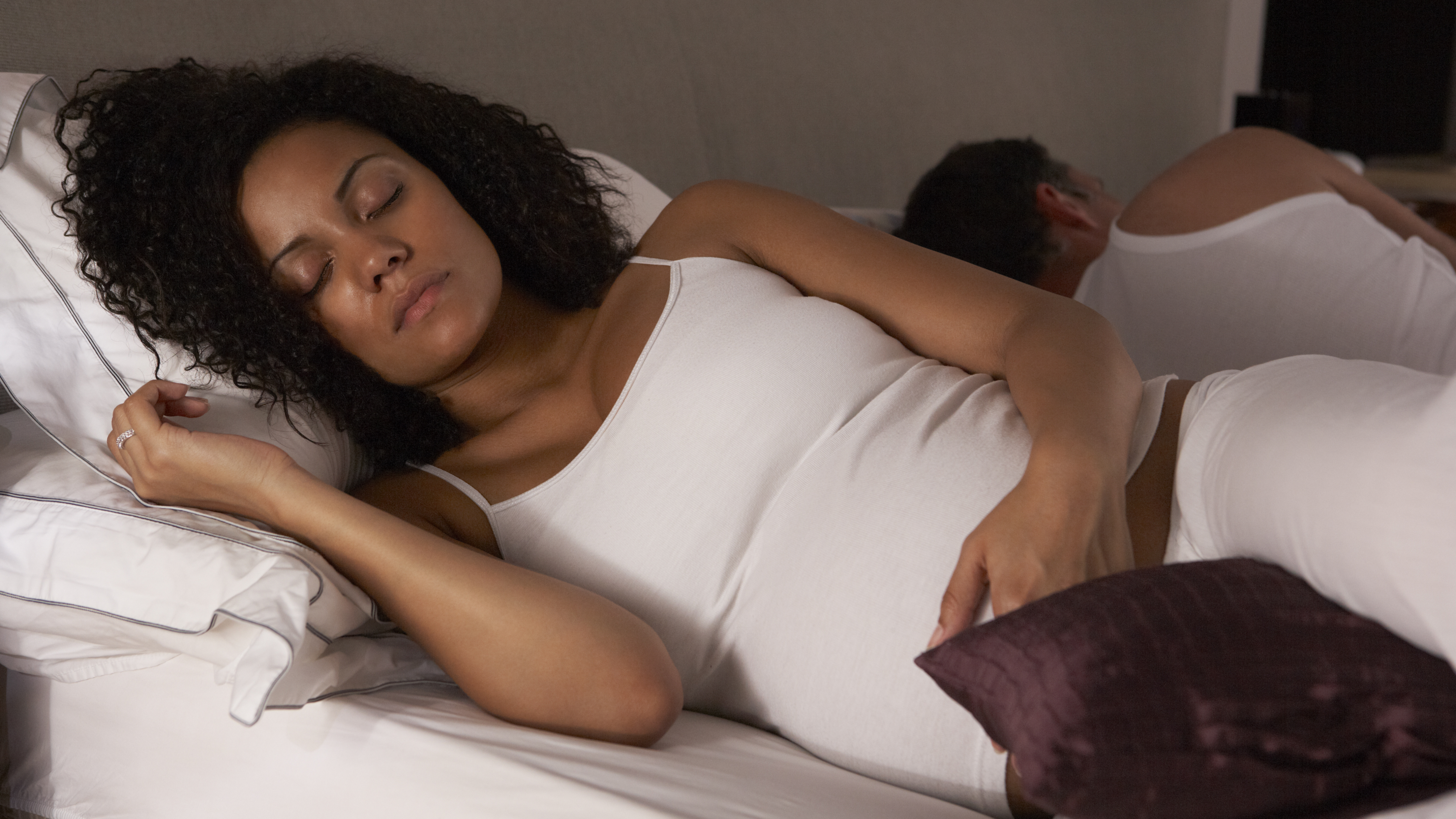
Introduction
Pretty much everyone can relate to a bad night’s sleep. And for some, pregnancy insomnia is a real struggle and then you have your baby, and you find yourself struggling to sleep again! Not just because your baby keeps waking. You’re struggling to sleep even when they are asleep.
There is a lot of research around sleep, sleep hygiene and how to get a good night’s rest. Here we will explore an array of hints and tips you can try. From recommendations I’ve heard over the years, to tried and tested hacks, and what the research says.
What’s right for one person, won’t be for another, but they’re all free or relatively low cost solutions, so perhaps give a few a try
Perhaps try each for a few nights and see if you notice any difference.
Struggling to Fall Asleep

If you’re struggling to settle at night, then there are a few things you can consider. If this is the first time you’ve heard the term “sleep hygiene,” then you’re not alone. Sleep hygiene can be described as a rhythm to your evening, allowing you to unwind and settle to sleep each night.
We know that blue light stimulates the brain and can make it difficult to settle and switch off at night, particularly if you’ve had extensive exposure over the day or late into the night. So there are a couple of options for helping with this. Either dimming lights a couple hours before bed and stopping using a screen at this time, and instead opt to read a book or listen to music, etc, or using blue light blocking glasses, that do as they say. Or whatever combination works for you. As well as making it difficult to switch off, blue light exposure can interfere with the body’s ability to go into deep restorative sleep.
If you are using your phone in the hours leading up to sleep, aim for less stimulating content. Opt for a Kindle book, or gentle reading content that doesn’t keep drawing you in to reading more and more. You can set your phone to “greyscale” to make everything grey, bland and the appeal of endless scolling is minimal.
Getting 20 minutes of natural light in the morning helps our natural circadian rhythm. Light through a window isn’t enough. Instead sitting or walking in nature for 15-20mins (without sunglasses) allows our body to sync our day and night patterns. We spend a lot of time indoors these days, so for many this is something we need to intentionally incorporate into our day, both for ourselves and our children. Also walking barefoot on the ground outside has both a grounding effect, as well as helping with our natural sleep cycle.
You probably expected me to mention caffeine at some point, and here it is: I’m not going to tell you to quit caffeine, though if you’re curious if it’s the culprit, then perhaps weaning off and then trying a week without it and seeing if it makes a difference.
But if that’s not for you, instead aim to have your caffeine before noon. Caffeine can stay in the body for up to 20 hours. Some of us are more sensitive than others. Some of us just can’t remember how we felt before the days of caffeine. So instead of quitting it, just get it in earlier in the day and see what effect that has.
Waking in the Night and unable to Get Back to Sleep
Whether you’re being woken by your bladder, discomfort, or your little one, having difficulty falling back asleep afterwards is common. Often our brains will be on overdrive and the chatter won’t sto (I’ve been there!)
As well as the above tips, there are others you can explore. Many people benefit from a sleep mask, ear plugs (perhaps just wear one if you’re concerned you won’t hear your children but avoid completely if you’re bed sharing with a baby), and a cool room.
Other things to try are chamomile tea (I promise it doesnt taste as bad as you’d imagine; it’s actually pretty pleasant). Having 2-3 cups a day, spread throughout the day can have a much sought after relaxing effect.
And if you’re laying in bed awake, instead get up, have a little stretch, and settle on the sofa for a bit, until you start to feel sleepy, then go back to bed. What we don’t want to do is associate our bed with being awake, which is what can happen if we lay there awake for hours on end.
Other things to try are magnesium, which is great for helping muscles relax and has a generalised relaxing effect. Some people will take it as a supplement, others as a cream or spray, and another great option is epsom salts in the bath. Magnesium is absorbed well through the skin, so this is a great option, both the relaxing nature of a bath and the salts.
You may have heard of Rescue Remedy, which is by Bach Flowers. They also have a night time version, which is available in supermarkets such as Sainsbury’s, lots of pharmacies, and online. It contains White Chestnut which is thought to help quiet the mind from busy thoughts. It can be found by other brands too.
Exercise that promotes sleep
Whether you’re timing your exercise earlier in the day to avoid being overstimulated in the evening, or choosing exercise that promotes sleep in the evening, it’s up to you.
Walking and swimming are great options that are low intensity which is great for when you’re sleep deprived. And yoga, of course, is another great option. If you attend my classes, you’ll already know the benefit of an evening yoga class for helping settle and have a good night’s sleep. The combination of slowing your breathing intentionally, the postures and movements plus the savasana relaxation at the end, create the perfect wind down to your day.